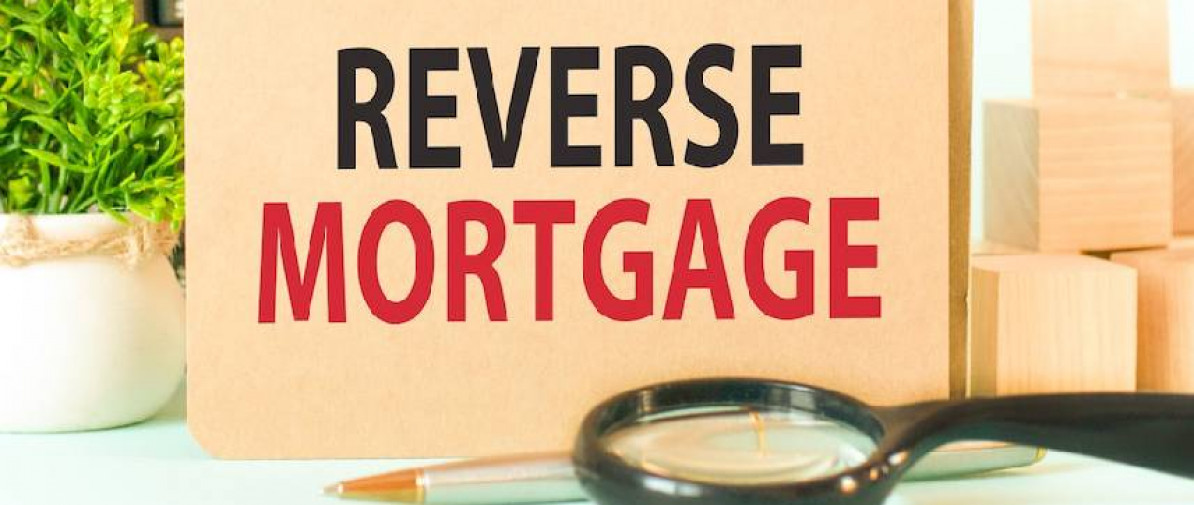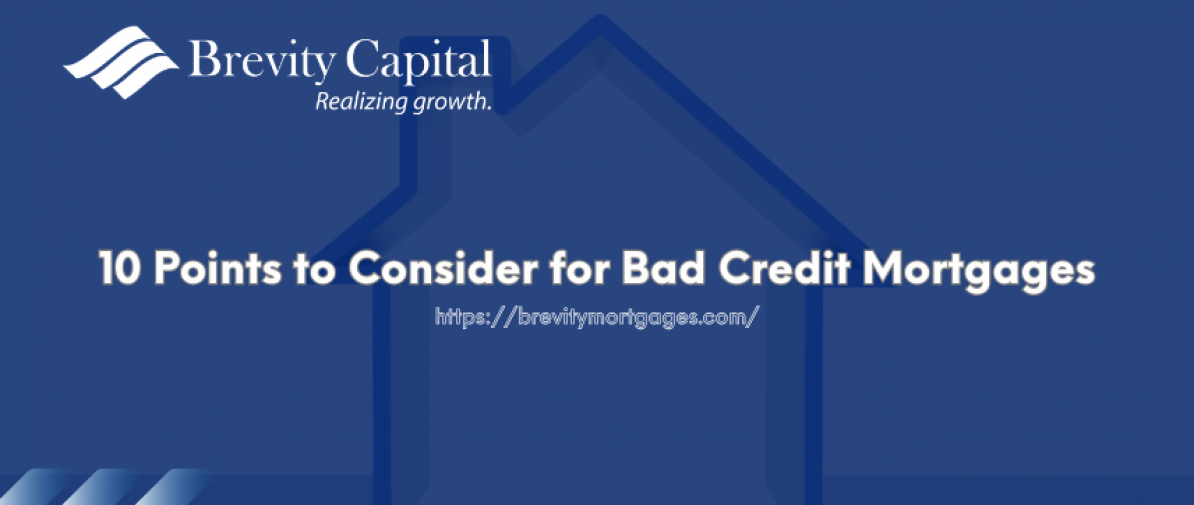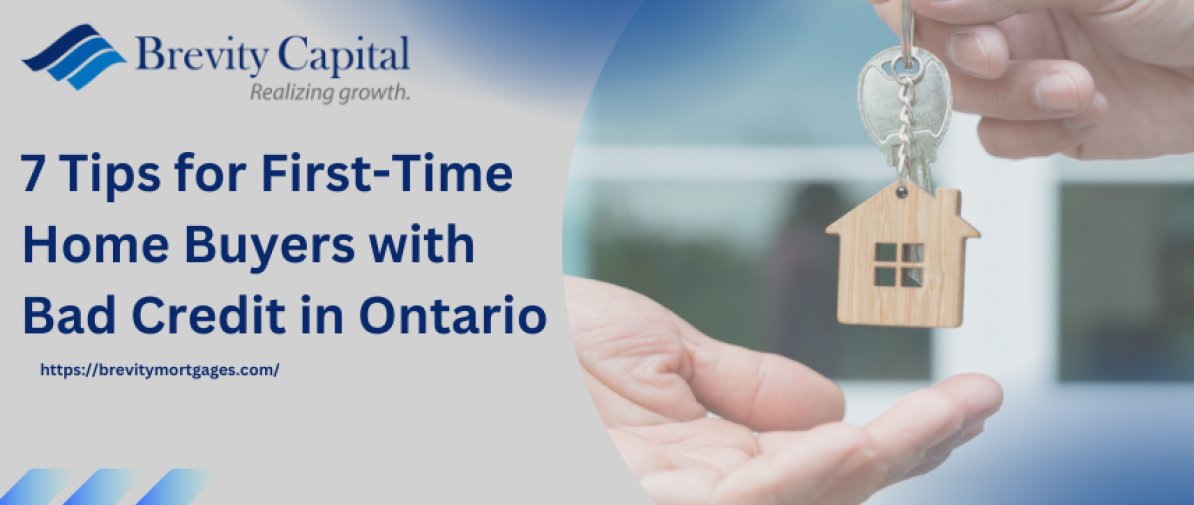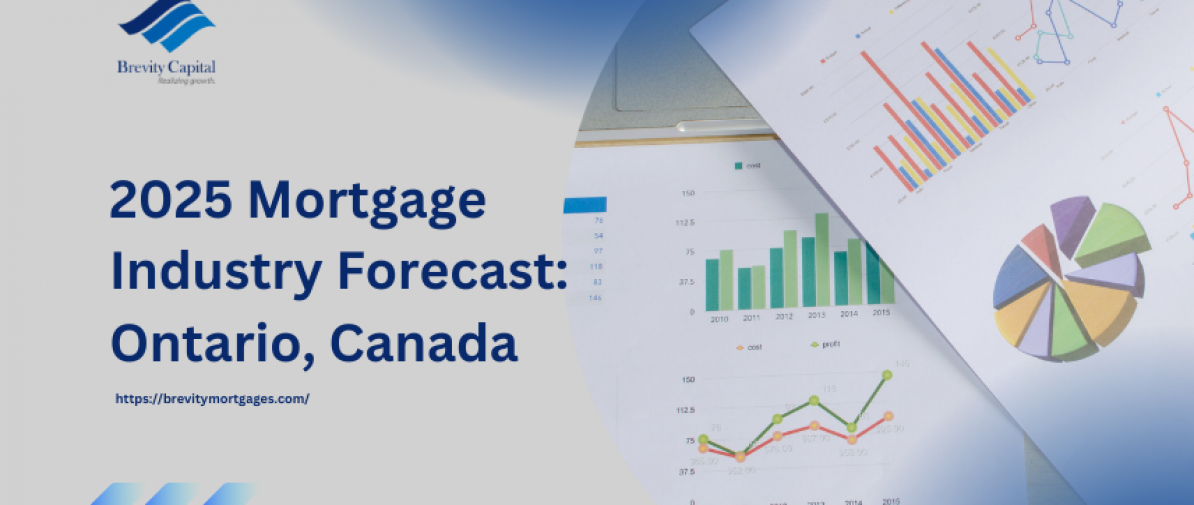- May 20, 2023
- Written by Admin
The Fastest Growing Debt Segment: Reverse Mortgage in Canada
Have you ever wondered about reverse mortgages? This type of loan is the fastest-growing debt segment in Canada! But what exactly is a reverse mortgage and why is it becoming so popular?
In November 2022, as per the regulatory submissions to the Office of Superintendent of Financial Institutions (OSFI), Canada's bank regulator, a significant increase in debt was registered. The reverse mortgage debt increased by 5.9% and hiked up to $6.7 billion.
But what is a Reverse Mortgage?
It is a kind of home equity loan that is provided to Canadian homeowners over 55 years of age. Without having to sell the home or make ongoing loan payments, it enables homeowners to access some of the equity they have accrued in it over time. With a reverse mortgage, the homeowner receives payments from the lender in the form of regular payments, which are guaranteed by the equity in their home.
In standard cases, the loan is overall repaid together with any accumulated interest when the homeowner either sells the house or passes away. Moreover, there are no fees associated with early loan repayment. This is one of the helpful methods for seniors who do not have retirement funds to boost their small income.
How does Reverse Mortgage work in Canada?
It is comparatively a very straightforward process. Yet, it is important to know its criteria, eligibility, interest rate and how the money is distributed and repaid.
Eligibility
Each mortgage product comes with its own specific rules, but eligibility requirements are common. This includes:
- The homeowner must be at least 55 years old or above.
- They should own the home and live in it to use it as collateral for a loan and occupy it as a primary residence.
- Possess a house worth at least $250,000.
Reverse Mortgage Process
The process begins with an evaluation on the lender's website, which is the first step towards getting a reverse mortgage. This will give you a general idea of how much you can borrow.
During the process of evaluation and determining the amount, lenders will pay less attention to your credit score but focus mainly on your age, Your home's condition, and the estimated value of your house. You may also get legal advice for getting a reverse mortgage. As part of the process, it could be necessary to provide proof that you got this guidance.
Pros and Cons of Reverse Mortgage
Pros
- No ongoing payments: Homeowners are free of regular repayments, even if they are charged with interest on the loan.
- Financial gain: Getting a cash flow when you release equity will be helpful.
- Your home remains yours, and you get to keep it: You do not need to sell or move out of your house but live in your own house.
- No assurance of negative equity: You will never owe any amount that is more than the worth of your property.
Cons
- Reduced equity: Chances are of losing more equity in your house as you borrow more money and interest costs increase.
- Higher rate of interest: You'll likely pay a higher rate than with a HELOC or conventional mortgage.
- Expenses at starting stage: You may need to pay legal and administrative fees.
- Penalty for early payment: You will be required to pay prepayment fees if you decide to sell your house before the term is through.
Should you choose a reverse mortgage?
Choosing Reverse Mortgage is a big decision; either it will be the best or worst decision of your life. In situations where you are left with no cash flow to manage your daily expenses and little needs, then getting a reverse mortgage would be a really effective and good support in the coming years. Despite the rising interest rates, the seniors of Canada are still eager to cash in their windfall of home equity. For many, it's a way to supplement their retirement income or pay off unexpected bills. With rising healthcare costs and other expenses, some seniors find themselves struggling to make ends meet. A reverse mortgage can provide much-needed financial relief. However, in the same way, it can be a risky option too. As after you give up your home equity, it will not exist in the future. It is important to do your research and understand all the terms and conditions. Make sure you are working with a reputable lender and that you have a plan for how you'll repay the loan when the time comes.
You may also like:
- Is Your Mortgage Renewing in 2023? What All You Should Be Aware Of!
- How to Improve Your Credit Score Before Applying for a Mortgage?
Final Words
Reverse mortgages can serve as one of the best options for seniors who retire or do not have any financial support to look for in the future, as the reverse mortgage is a financial flexibility for homeowners. But before you make this decision, it is important that you seek some legal guidance and also weigh its pros and cons. Always consider the long-term plans and make the right choice.





